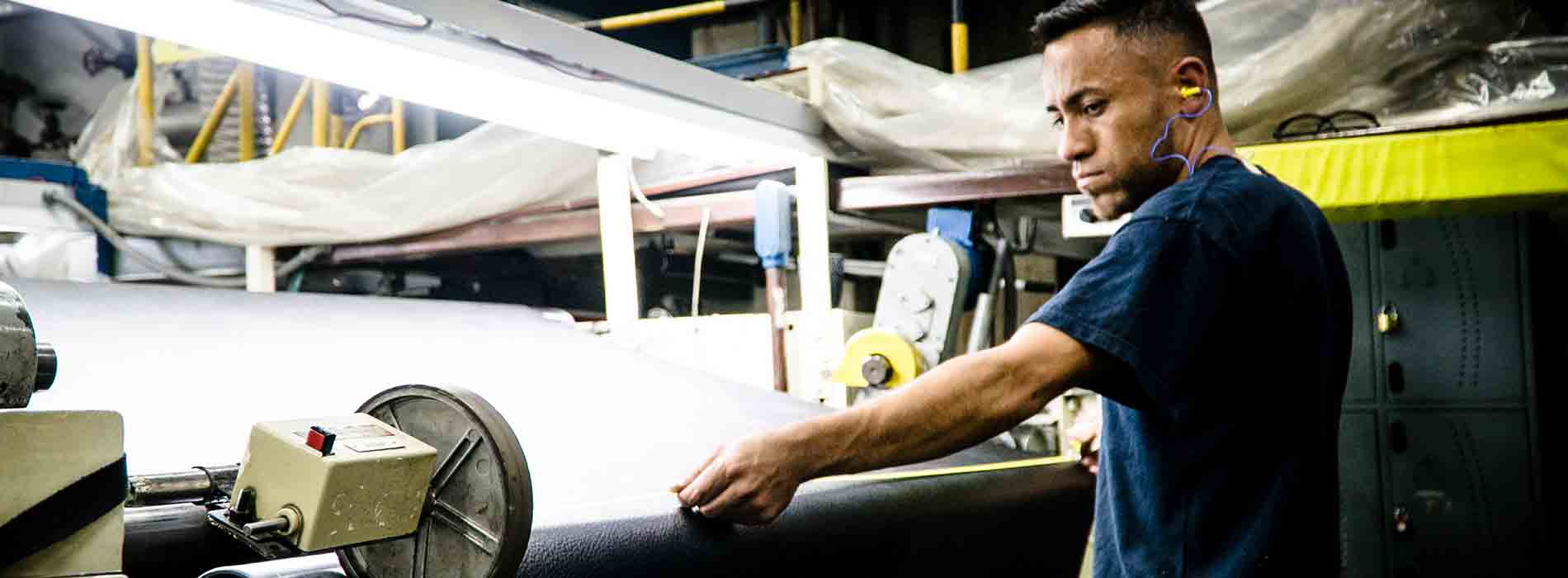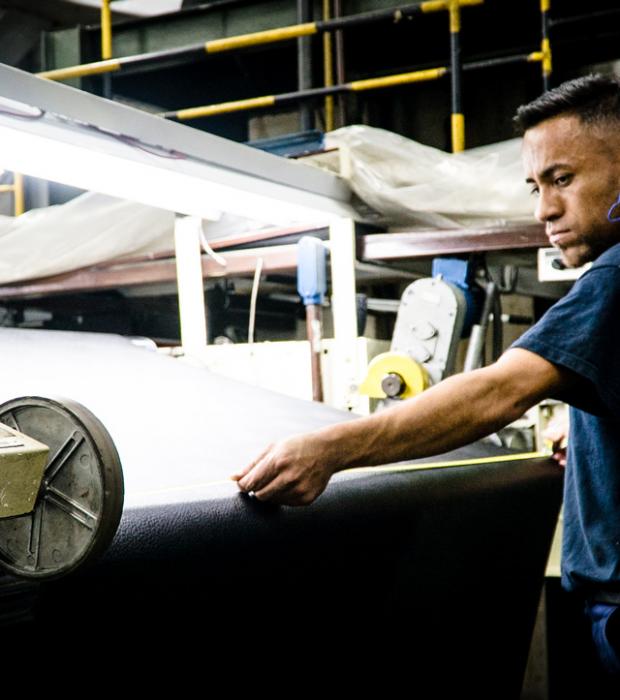



Content publication date
The manufacturing sectors authorized to return to work include the production, supply, storage, repair, maintenance, transport, sales, and distribution chains that manufacture textiles, leather goods, and garments; woodworking; paper, cardboard, and its products and derivatives; and chemicals, metals, electrical appliances, machinery, and equipment. All the above products must be sold through e-commerce platforms and sent for home delivery.
It is important to keep in mind that companies in the manufacturing subsectors and their chains will not be able to operate until they have carried out the validation process before the corresponding municipal or district secretary. Additionally, employers must provide personal protection equipment to their employees.
Furthermore, on Sunday, April 26, the government announced that they are beginning specialist committee meetings on the subject of reopening. The goal is to have great communication with regional leaders and draft a proposal that guarantees that all activities are carried out under conditions that mitigate the risk of infection.
Textiles and apparel
In Colombia, companies in the textile and apparel sector generate more than 600,000 direct jobs—43.3% of which are micro-enterprises, 14% are SMEs, and 0.4% are large companies (49.5% not classified). Starting April 27, companies resumed operations, following the established measures for re-opening the sector and implementing safety protocols.
Some companies have shifted production to serve the healthcare sector during the pandemic, including in the apparel sector, where the government has zero-tariff import measures in place in order to ensure that the chain has supplies for the production, preparation, and sale of high-priority products in Colombia.
This situation can be seen as an opportunity for business leaders to view the disruption of production and supply lines as an incentive to add more flexibility to operations, and possibly emerge from a recovery period in an even stronger position. Partnerships with foreign investors can introduce technology to improve production processes in Colombia and meet regional requirements.